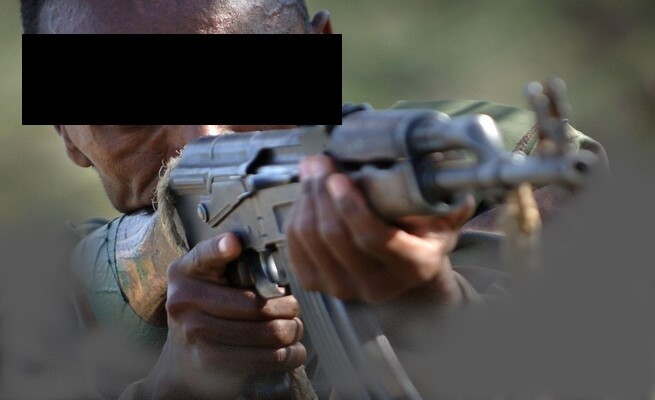Fuel service stations left in fear as armed robbers stole US$127 000 from them at gunpoint
In a daring heist that underscores the escalating security challenges faced by businesses in Harare, seven armed robbers on Monday made off with US$127,000, targeting collections from three fuel service stations. The incident has intensified concerns about the safety of cash-in-transit operations and the broader implications for the city’s business community.
Details of the Heist
The victim, identified as 47-year-old Hilary Hufa, was ambushed by the armed assailants. The robbers, whose identities remain unknown, executed the attack with precision, highlighting a worrying trend of well-coordinated criminal activities in the capital.
This incident is part of a series of armed robberies targeting fuel service stations in Harare. In January 2025, masked gunmen raided a Redan Service Station, forcibly entering the premises and threatening employees to surrender cash and valuables. This attack added to the growing list of violent robberies targeting service stations, businesses, and homes across the city.
Escalating Trend of Fuel Station Robberies
The frequency of such robberies has been alarming. Over a span of two months, 12 fuel stations in Harare were raided by armed robbers, indicating a systematic targeting of these establishments. This pattern suggests that criminal elements perceive fuel stations as lucrative targets, possibly due to the substantial cash transactions involved.
Police Response and Public Safety
In response to the surge in armed robberies, law enforcement agencies have intensified efforts to apprehend the culprits. Following the recent heist, police have launched a manhunt for the suspects and are appealing to the public for any information that could lead to their arrest. The Zimbabwe Republic Police (ZRP) has urged businesses to enhance security measures, especially during cash-in-transit operations, to mitigate the risk of such attacks.
Implications for the Business Community
The spate of robberies has raised concerns among business owners about the safety of their operations and the adequacy of existing security measures. Many are now reevaluating their cash handling and transportation protocols to safeguard against potential threats. The situation also underscores the need for collaborative efforts between the private sector and law enforcement to develop more robust security strategies.
Conclusion
The recent armed robbery in Harare, resulting in the loss of US$127,000, highlights a critical security challenge facing the city’s business sector. As criminals become increasingly bold in their operations, it is imperative for both businesses and law enforcement agencies to adapt and implement more effective security measures. The safety of employees and the protection of assets must remain a priority to ensure the continued viability and confidence in the local business environment.



